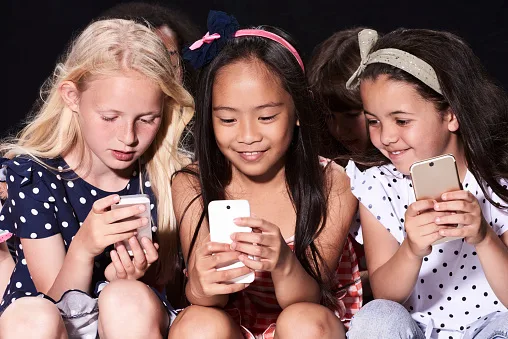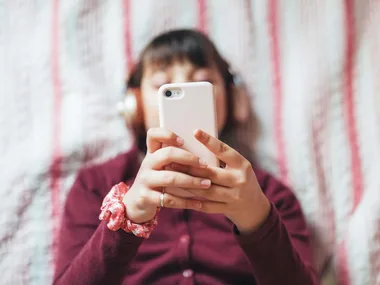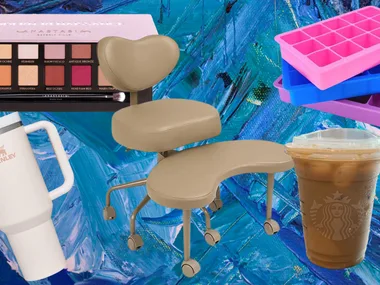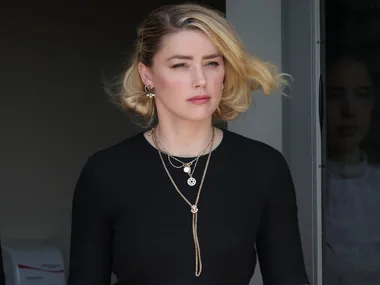Trigger Warning: This article contains discussions of youth suicide, bullying, and mental health issues.
My daughter turned 12 in November. She’s entered her tween era. She loves skincare. Chatting with her friends. Sleeping-in. In some ways, she feels so grown up, I can barely remember the little baby I pushed around in the pram, but she also loves nothing more than watching a girly movie with me on the couch and looking after her pet ducks. I look at her, along with my youngest, who is 10, and just want to press pause. I want to stop time, because I know what’s to come – that one day soon, they’ll discover the addictive world of social media, and the comparison will begin.
I’m not the only mother who held their child a little tighter when they read the news that Charlotte, a 12-year-old student, had died by suicide. She was in year 7. Her life was just beginning. I’m not the only mother who is terrified by the thought of their child going on social media. Right now, my girls don’t use social media, and their life feels lighter. They don’t have the burden of comparison. Of needing likes and comments to feel validated.
We’re all social media guinea pigs. None of us know what the long-term impact of being glued to our digital devices will be. A lack of concentration and intimacy, loneliness – that’s all a given. We know social media increases depression and anxiety.
Georgie McCourt
It’s human nature to want to be liked. It’s nice to be liked. But it’s not normal to seek approval from people who you wouldn’t recognise if you passed them on the street. We put our lives out there for all to see on social media and then wait for the praise and, when it doesn’t come or it’s not as much as we’d hoped for, we feel shit about ourselves. Our mental health is suffering because we’re seeking validation from people we don’t know – and, more importantly, who don’t know us. And if we find it hard as adults, imagine how difficult it is for our kids?
We’re all social media guinea pigs. None of us know what the long-term impact of being glued to our digital devices will be. A lack of concentration and intimacy, loneliness – that’s all a given. We know social media increases depression and anxiety. We know the apps we use load us with dopamine, a chemical in our brain associated with pleasure and reward systems. Dopamine is digital crack. It’s addictive. It makes us feel happy, so we reach for more. We want instant gratification. But it doesn’t last long, so we impatiently return for another hit. But it never fulfills us. Our mental health – and that of our children – is suffering because of it.
Portuguese footballer Cristiano Ronaldo doesn’t let his 14-year-old son have an iPhone or social media account because those things “will make it harder for him to reach his potential.” He’s speaking the truth we all need to hear as parents.
The parents of Charlotte, have come forward with their story, alleging that relentless bullying at school and online contributed to their daughter’s death. The family claims that despite raising concerns with Santa Sabina College in Strathfield, where Charlotte was a Year 7 student, the issue was not addressed. And I hear this time and again. Relentless bullying just gets pushed aside.
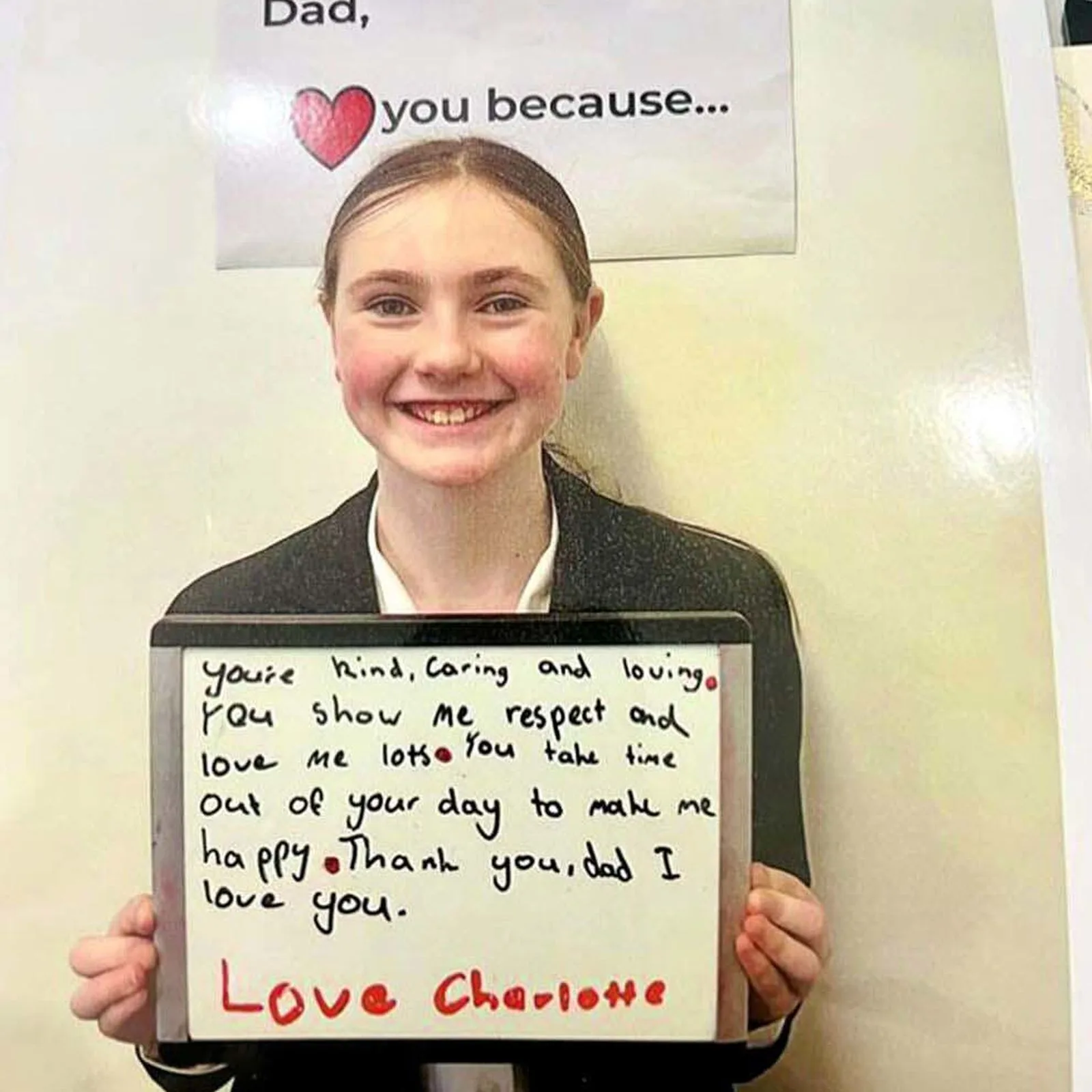
“We lost our baby girl in the most awful of circumstances,” Charlotte’s parents said in a statement to 2GB radio host Ben Fordham. “No words can ever describe what that is like, and life for us will never be the same again.”
It won’t. It will never be the same. And my heart breaks for the life they thought they’d have. For thinking they were sending their little girl to high school to begin a new and exciting chapter of her life, only to lose her.
In the wake of this tragedy and growing concerns about youth mental health, the Australian government is now considering legislation to impose a minimum age for social media use. Prime Minister Anthony Albanese has indicated that the government is exploring an age range between 14 and 16 for social media access.
Why has it taken a heartbreaking incident in Sydney to reignite discussions about children’s access to social media? The federal government should have imposed age restrictions on social media platforms years ago. These are our children, and they’re too young. End of conversation as far as I’m concerned.
“We know that it’s not simple and it’s not easy. Otherwise, governments would have responded before,” Albanese told ABC News Breakfast. He emphasised the need for a coordinated national response to address the issue.
“The evidence shows early access to addictive social media is causing our kids harm. This is no different to cigarettes or alcohol. When a product or service hurts children, governments must act.”
South Australian Premier Peter Malinauskas
The proposed legislation, expected by the end of the year, follows similar moves by the South Australian government, which recently suggested fining social media companies that allow children 13 and under to use their platforms. Personally, I think 13 is too young. I think no smartphones should be allowed before high school. I think phones shouldn’t ever be allowed while at school. And there’s a reason for all of this – the pre-frontal cortex part of the brain is still developing in teens. In fact, it doesn’t complete its growth until people are in their twenties. The prefrontal cortex controls reasoning, planning, judgment, and impulse control.
Both major political parties now support some form of age restriction on social media use. The federal government is currently trialing age verification methods for social media and adult websites, with the results set to inform the final legislation.
South Australian Premier Peter Malinauskas stresses that the matter is urgent – and he’s right. “The evidence shows early access to addictive social media is causing our kids harm. This is no different to cigarettes or alcohol. When a product or service hurts children, governments must act.”
We need immediate action to protect young people online. The heartbreaking loss of Charlotte serves as a shocking and deeply tragic reminder of the real-world consequences of cyberbullying and the challenges facing today’s youth. I don’t know about you, but this is the kind of thing that keeps me up at night.
If you or someone you know needs support, please contact Lifeline on 13 11 14 or Kids Helpline on 1800 55 1800.
Help Is Available:
- If you require immediate assistance, please call 000.
- If you’d like to speak to someone, contact Lifeline on 13 11 14
- If you’re under 25, you can reach Kid’s Helpline at 1800 55 1800 or chat online.
Friday, May 9 is Do It For Dolly Day. Go Blue to End Bullying by wearing blue and registering your local community group for the cause. Every dollar raised helps Dolly’s Dream deliver anti-bullying programs and support services for young people, families, and schools across Australia. Doitfordollyday.org.au
